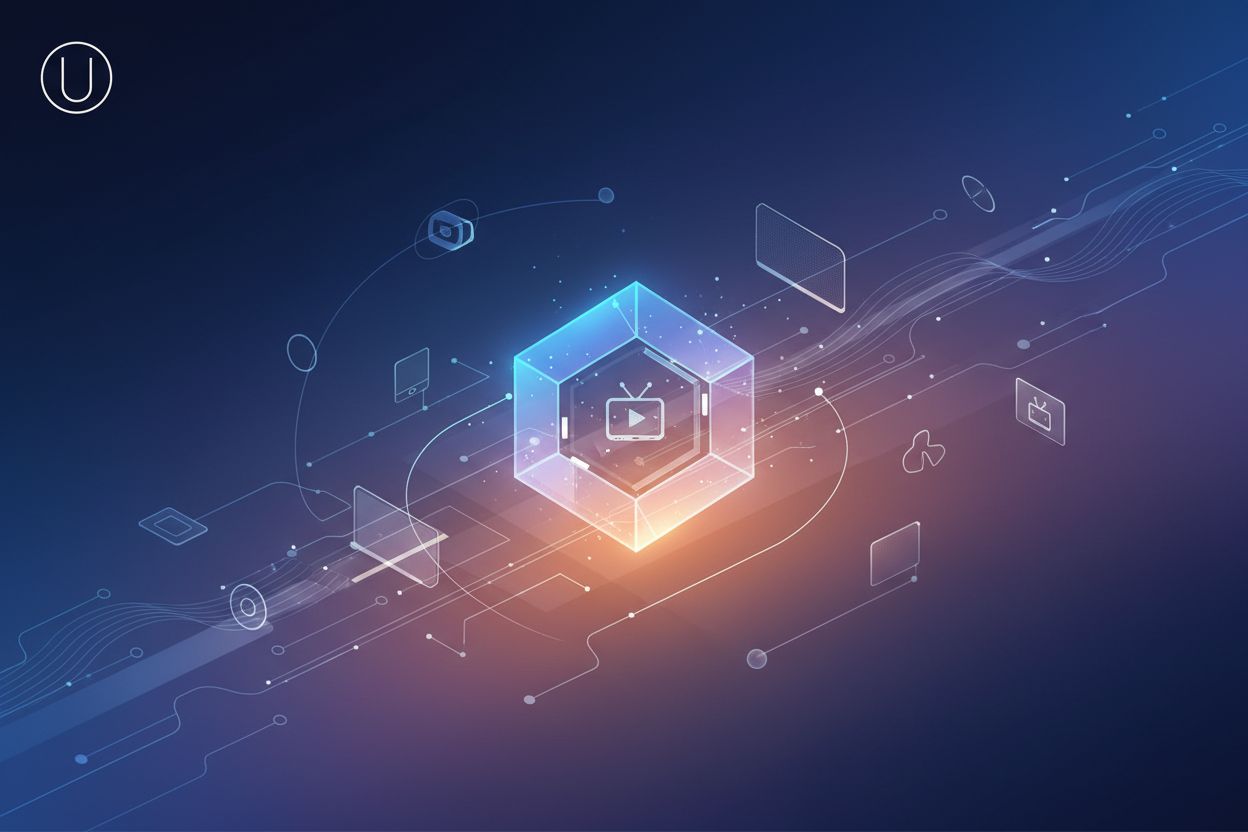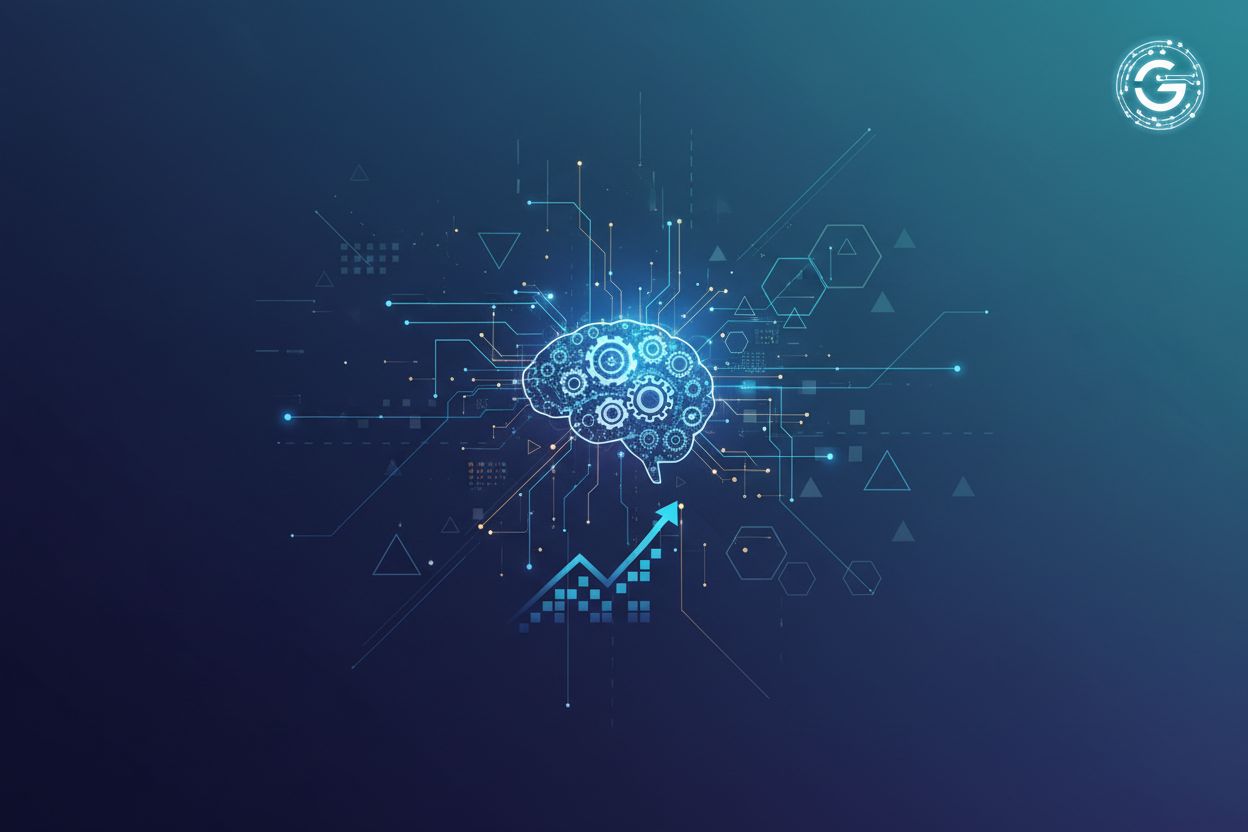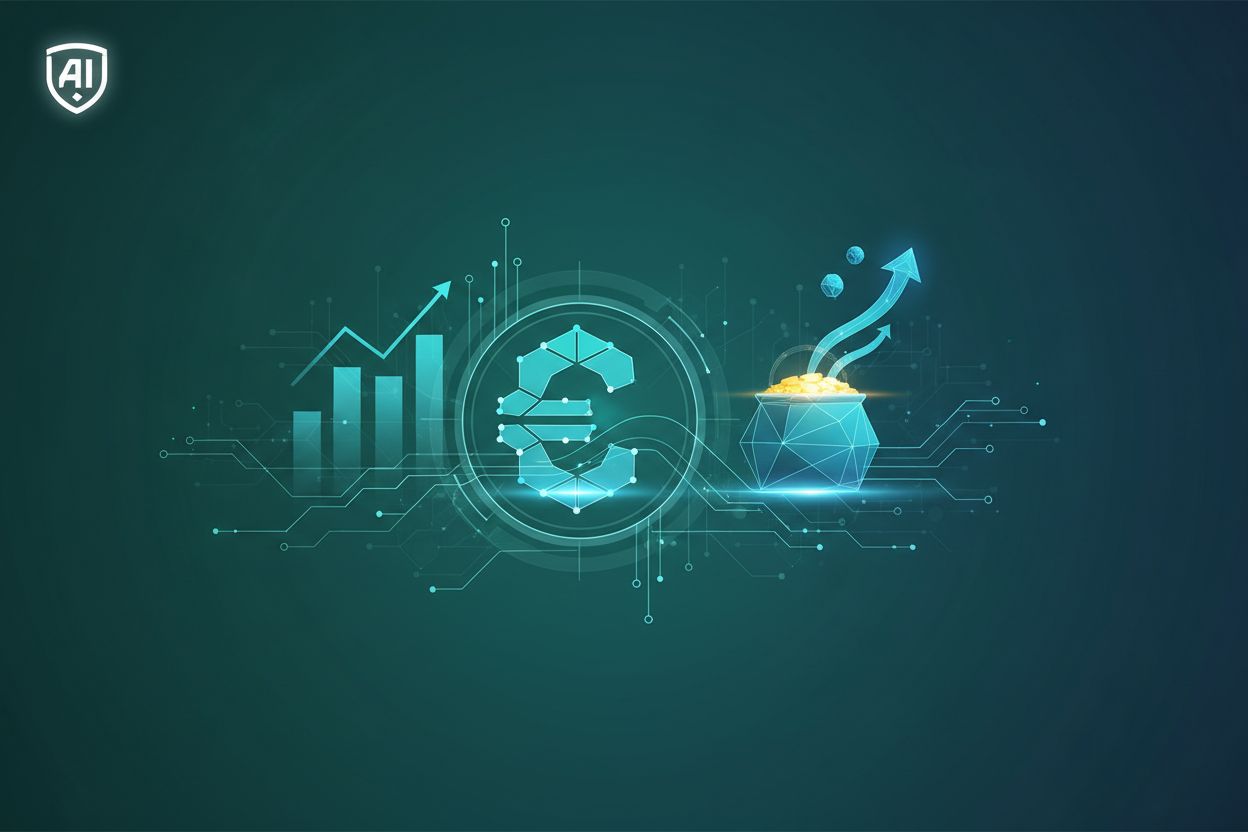AI Agents Transforming Customer Experience: The Future of CX
AI Agents Transforming Customer Experience

Image courtesy of BCG
Businesses are increasingly recognizing the connection between operational efficiency and enhanced customer experience (CX). The integration of next-generation hardware and AI-driven agents is enabling brands to provide superior customer service while significantly reducing costs. Companies leveraging generative AI (GenAI) are reporting productivity improvements of 15% to 30%, with aspirations of achieving even higher productivity levels.
AI is reshaping customer engagement by making interactions more personalized and less cumbersome. For instance, virtual co-pilots in retail are enhancing customer service by answering queries, facilitating returns, and crafting tailored offers, allowing human agents to focus on more intricate customer problems.
Linking Process Improvement to Customer Experience
Amazon's deployment of warehouse robots and AI applications exemplifies how automation enhances efficiency. AI optimizes storage and operational routes, allowing Amazon to deliver 60% of orders to Prime members on the same or next day in major metropolitan areas. The company aims for a 25% reduction in cost-to-serve during peak seasons.
Similarly, Klarna has leveraged AI for customer service, with their AI assistant handling the workload equivalent to 700 full-time agents. This resulted in a 25% reduction in repeat inquiries and a significant speed-up in service resolution times. Klarna predicts that these AI assistants will generate an additional $40 million in profit in 2024.
From Time-Consuming Apps to Trusted Autonomous Agents
Salesforce CEO Marc Benioff noted that service employees waste over 40% of their time on low-value tasks. The goal is to shift from traditional customer journeys, characterized by numerous digital touchpoints, to a model where autonomous agents manage comprehensive customer missions.
These agents can autonomously accomplish tasks based on user preferences, suggesting travel itineraries, handling home remodeling projects, or managing everyday tasks like grocery shopping. This "agentic AI" learns from user interactions to provide a more comprehensive and personalized experience.
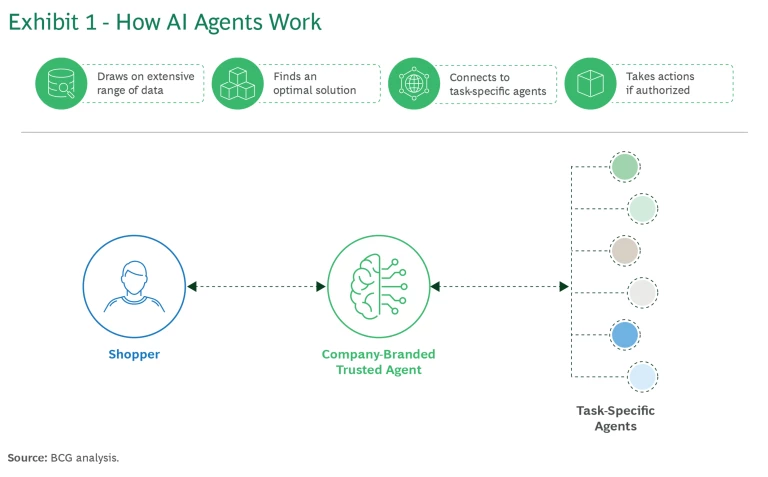
Image courtesy of BCG
The convergence of AI agents and advanced hardware enhances user experiences. Devices like Meta and Ray-Ban smart glasses integrate GenAI for real-time analysis and interaction, allowing for more seamless daily activities.
Today's No-Regrets Moves for Executives
To integrate AI agents effectively, companies should consider the following strategies:
Build for journeys and design for missions. Understanding customer journeys enables businesses to tailor their services to meet CX and financial goals.
Adopt new metrics. Incorporating KPIs such as cost-to-serve alongside traditional customer satisfaction metrics allows executives to connect operational efficiency with improved customer experience.
Re-evaluate investment priorities. Recognizing the direct link between operational improvements and customer satisfaction can attract necessary investments.
Learn to converge. Embracing technological convergence helps organizations adapt to rapid innovation and integrate teams for enhanced efficiency.
AI Chatbot vs AI Agent: Customer Support in 2025
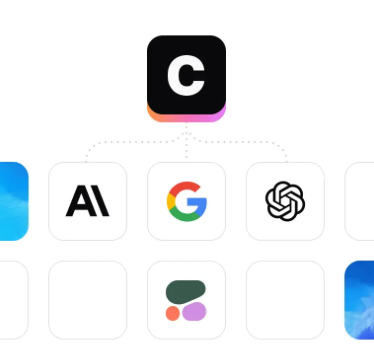
Image courtesy of Chatbase
The evolution from chatbots to AI agents signifies a transformation in customer support. Traditional chatbots, limited to scripted interactions, are being replaced by AI agents that understand context and can take actions autonomously.
AI agents remember past interactions, learn from user preferences, and perform tasks such as processing refunds or rescheduling appointments. This shift represents a significant improvement in customer experience, moving from reactive responses to proactive engagement.
For example, Klarna's AI agent handles inquiries about refunds and payments across 35 languages, processing requests in an average of 2 minutes, compared to 11 minutes with human agents.
As businesses adapt to this new landscape, they must rethink their support strategies, integrating AI agents into their operations to not only enhance efficiency but also improve customer satisfaction.
Real-World Examples of AI Agents in Action
AI agents are already making significant contributions in various sectors:
Handling Billing and Refunds: Klarna’s AI agent resolves refund inquiries autonomously, significantly reducing response times and freeing human agents for more complex cases.
Rescheduling Appointments: Retailers use AI agents to manage scheduling and changes seamlessly, improving the customer experience by eliminating long wait times.
Complex Support Tickets: AI agents gather information and create support tickets, streamlining the process for human agents and reducing redundancy.
These deployments highlight the effectiveness of AI agents in enhancing customer interactions, demonstrating the shift from traditional support systems to intelligent, action-capable assistants.
Companies looking to automate their customer interactions should consider leveraging Gracker's capabilities in cybersecurity marketing, including daily news updates, SEO-optimized blogs, and AI-driven newsletters. Start your FREE trial today at GrackerAI to explore our services and enhance your marketing strategies.


